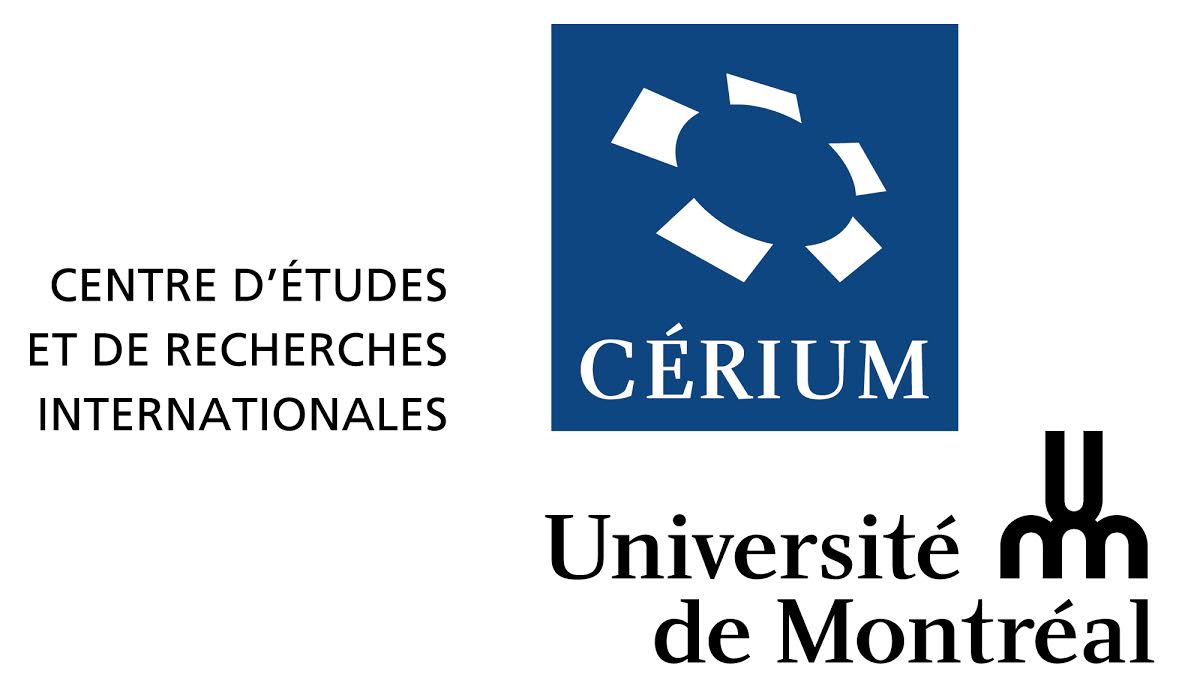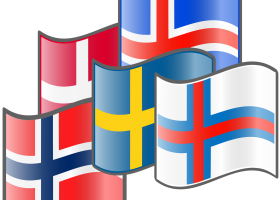Article d’abord publié sur 27etc, partenaire de Monde68, le 16/10/2014
In the course of only half a century, the economic cooperation of 6 countries evolved into the European Union (EU) with 28 member states. The largest enlargement so far was in 2004 with the adhesion of ten new countries into the Union. There are currently five new candidate countries that are eager to join the European family (Iceland, Macedonia, Montenegro, Serbia and Turkey), and three more potential candidate countries (Albania, Bosnia and Herzegovina and Kosovo) that have a longer road ahead before obtaining the attractive EU membership.
Despite this constant enlargement trend and the many countries’ expressed interest in joining the EU, there are still a few countries that have preferred to stand on the outside. In particular, The European Free Trade Association’s (EFTA) four member states (Iceland, Liechtenstein, Norway and Switzerland) have chosen not to be a part of the European unification project, though Iceland now is a candidate country that may soon join the trend of EU subscription.
Why does Norway, as the only country in Northern Europe, remain largely uninterested in joining the EU? Membership is not on the political agenda and there is little public debate on the topic.
Norway is situated on the outskirts of Europe with a population of only five million. The country has been at the top of the United Nation’s Human Development Index (HDI) eleven times during the last thirteen years. Abundant oil reserves in the North Sea coupled with the social democracy’s redistributive policies are the foundations for this high level of welfare.
The Norwegian economy is strong. The current unemployment rate of 3.4 percent is stable at a low level. Average monthly earnings was €5000 in 2013, well above the European average, reflecting the Norwegians’ high purchasing power and general satisfaction with their economic situation. In short, many Norwegians just don’t see the point in joining the EU when their country is running so well on its own. The financial crisis of 2008 that is still plaguing Europe hasn’t helped improve the Norwegian public opinion on EU membership.
Norway has run two referendums on European membership, first on adhesion to the European Community in 1972 and then to the EU in 1994. In the latter referendum the no-side got 52,2 percent of the votes, which is a relatively small majority. In an opinion poll earlier this year 70 percent were against Norwegian EU membership, 20,2 percent were positive and 9,8 percent didn’t know.
Although Norway is not a EU member state it is still closely tied to the EU. Norway joined the European Economic Area (EEA) in 1994. Through the EEA Agreement it gets access to the EU single market and must follow all relevant laws, except those concerning agriculture and fisheries. Norway is largely dependent on trade with the EU. Half of what Norway produces is exported, of which 80 percent goes to European countries. In addition to the EEA Agreement there are 73 other agreements between Norway and the EU.
Norway’s relation to the EU is highly paradoxical. EU laws and directives represent one third of Norway’s current legislation and 70 percent of what the municipalities must comply with. However, Norwegian politicians have no influence over the EU political and legislative decision-making processes. This is an unacceptable situation in a representative democracy.
It is almost ironical that Norway’s desire to remain independent from the EU actually has led to a worse “democratic deficit” for Norway than that so often evoked among the EU member states, because these latter ones at least have a say in the decision-making processes. It is therefore worrisome that Norway’s relation to the EU occupies such a small place in the public debate. The discussion tend to be polarised by the Yes/No-sides, or it is simply non-existant. A constructive EU-debate on how Norway best can preserve its interests is needed.
The Norwegian government wants to be more proactive when it comes to EU policy making and formulation. As a non-member country it is too late to wait for proposals to arrive at the European Commission before taking a stand. It is thus necessary to be active in the committees and informal meetings to promote Norwegian interests. However, what really would promote the Norwegian interests efficiently are voting rights in the European Parliament and Norwegian ministers in the Council of Ministers.
The EU’s impact on Norwegian legislation and society has never been bigger, and its influence is likely to grow in the coming years with enlargement and deepened integration. Nothing indicates that Norway will join the EU in the coming future. Maybe only an economic crisis can change the Norwegians’ attitude towards EU membership, in the same way the hitherto European integration is said to be largely crisis-driven. Nonetheless, it may be in the Norwegian interest to take a public debate today, and not when the oil reserves are drained and people no longer can benefit from generous redistributive policies based on oil revenues.
Katharina Qvale
Membre des Cabris de l’Europe









